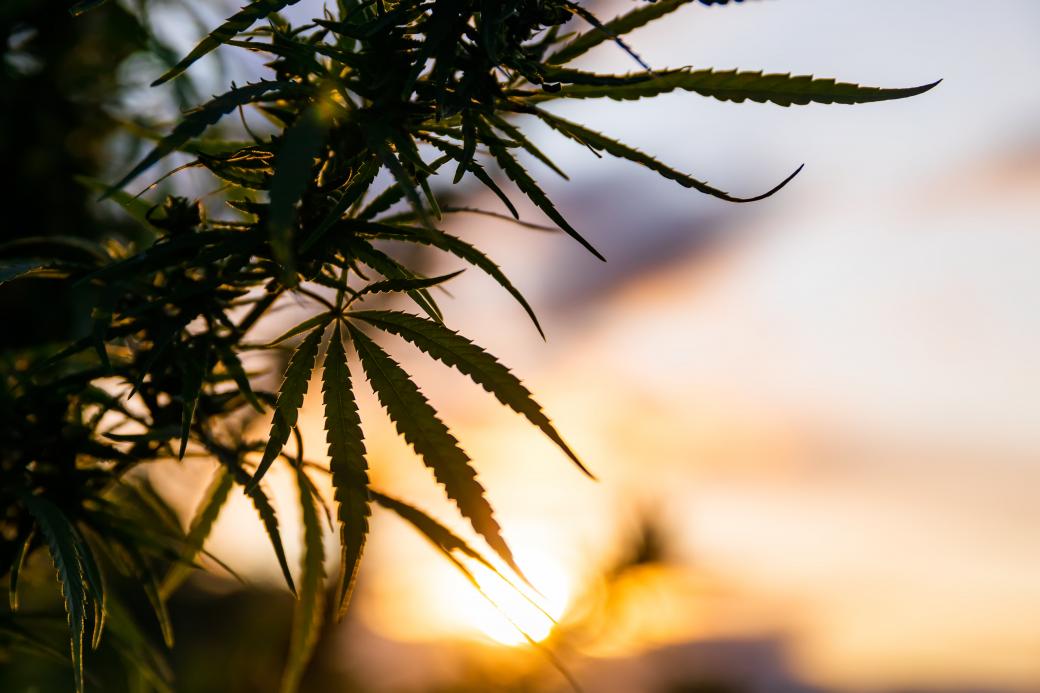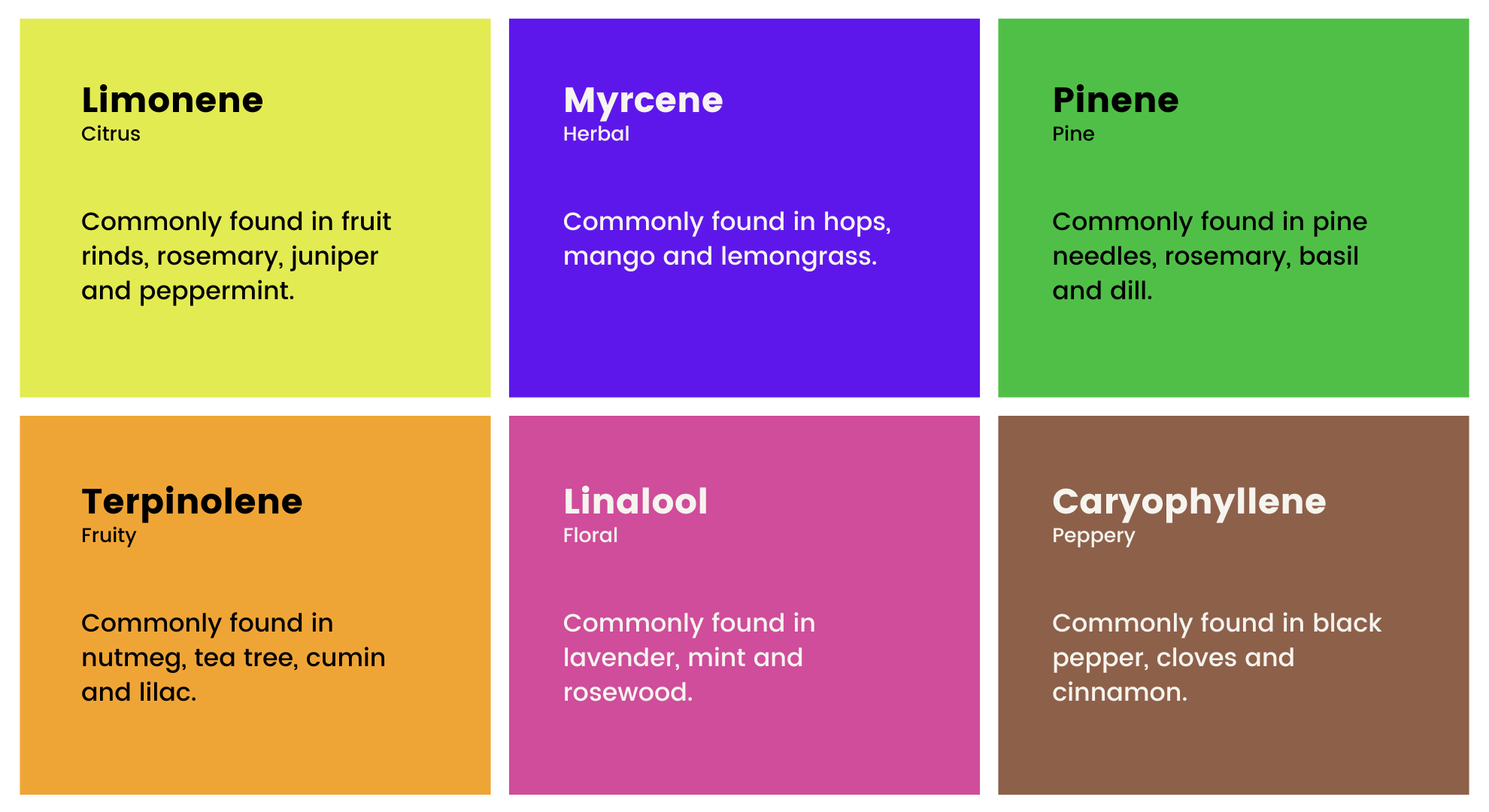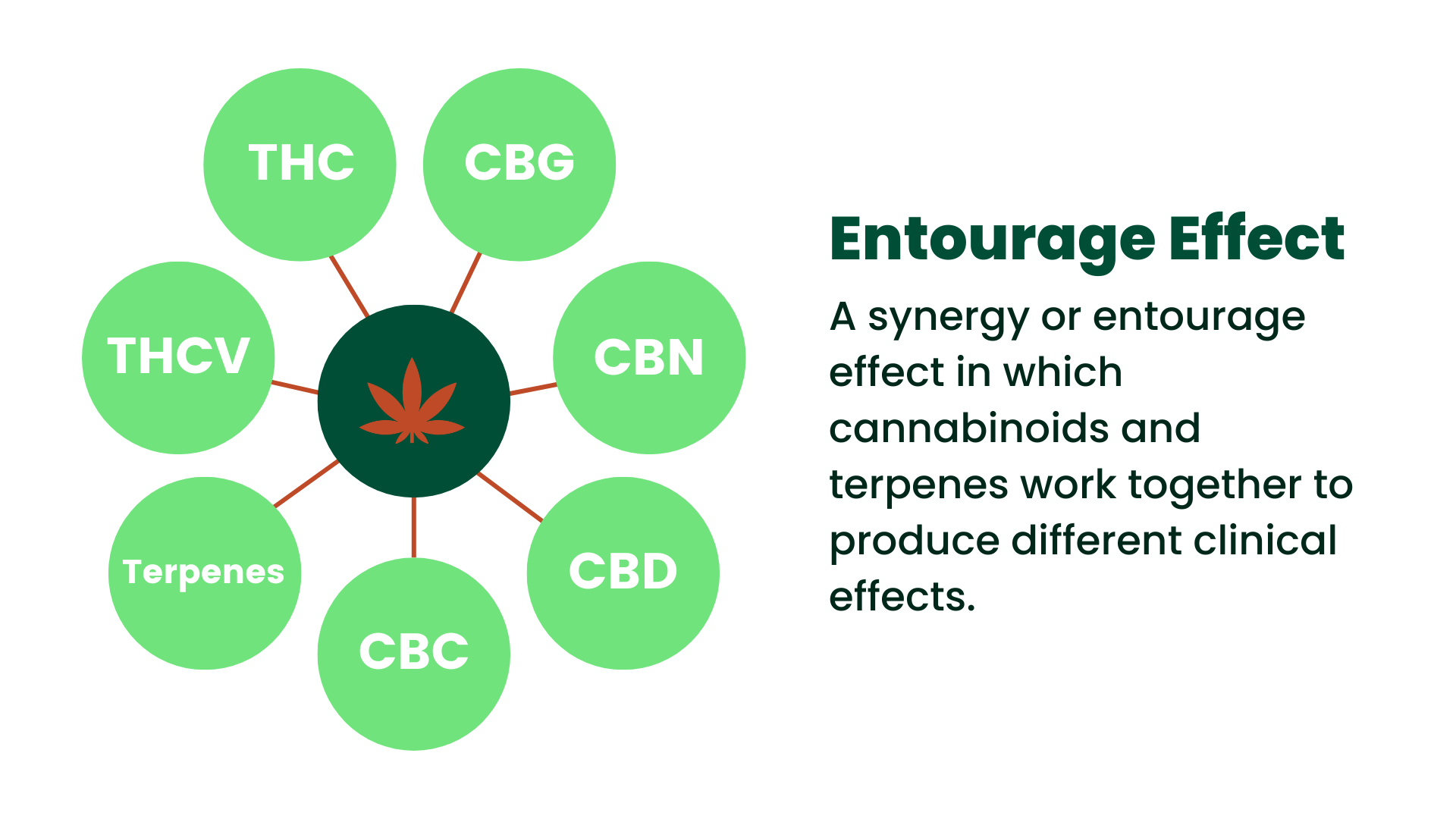
What is cannabis?
Cannabis is a plant with psychoactive properties, that produce dried flowers, fruiting tops or leaves of the cannabis sativa or indica plants or a mixture of the two called hybrids (CCSA). Cannabis can be refined into other forms, such as oils, extracts or resins. Cannabis has many names, including weed, marijuana, hash, pot, ganja, bud, etc.
Cannabis is also made up of cannabinoids and terpenes. You’ve likely heard of the two major cannabinoids, THC and CBD, but when using cannabis, terpenes should also be taken into consideration.
After alcohol, cannabis is the most widely used psychoactive substance in Canada.
Cannabinoids
THC
THC, which also goes by its scientific name tetrahydrocannabinol, is the chemical compound responsible for how your brain and body respond to cannabis. It’s what’s called a cannabinoid and the mind-altering chemical that provides the user with the feeling of being “high.” The concentration or strength of a cannabis product is usually shown as a percentage of THC by weight (or volume in oil). Products high in THC are more likely to result in harm, so when selecting a cannabis product, choose lower THC products to reduce your risks.
THC comes in different varieties and potencies including delta-8, 9 and 10. Because they are THC compounds, it’s important to remember that all of the deltas are intoxicating.
THC delta-9 is the major cannabinoid, meaning that there are large amounts of it in cannabis plants. It is also the most common type of legal THC sold in the Canadian market and is more potent than delta-8 and delta-10.
THC delta-8 and delta-10 are sometimes called minor cannabinoids and are produced in much smaller amounts. These trace cannabinoids occur at such low levels that researchers have developed different techniques to extract them. The intoxication effects of delta-8 and 10 are less than delta-9.
Many users might think that when it comes to the delta, the bigger the number the bigger effect, which isn’t necessarily correct. Out of the three deltas, delta-9 produces the most mind-altering effects. However, when used in larger amounts, minor cannabinoids like delta-8 and delta-10, can have similar mind-altering effects.
When different types of THC (like any of the deltas) are combined, the intoxicating effects can be unpredictable. Numbers aside, if you see delta listed as an ingredient, remember that it’s THC and it will interact with your brain to cause intoxication when consumed. Start low and go slow if you are a new or returning user.
In Alberta, retailers cannot sell products that contain only minor cannabinoids because more research is needed on the effects. Health Canada is currently researching the health and safety effects of minor cannabinoids.
CBD
Cannabidiol is the scientific name for CBD, which is another chemical compound found in cannabis. On its own, CBD has no mind-altering effects. Trace cannabinoids, delta-8 and delta-10 are found at very low levels, in CBD, but don’t produce any mind-altering effects until they are extracted and concentrated.
High amounts of CBD have been shown to reduce some of the risks around intoxication, sedation and heart health associated with THC. Choosing products with a high CBD content and low THC content will help lower unwanted health effects.
Terpenes
Outside of THC and CBD, cannabis also contains terpenes and lots of them! Terpenes are chemicals made and stored in the trichomes of the cannabis plant with the cannabinoids.
If you aren’t sure what terpenes are, we can guarantee you’ve encountered them before! Think of the smell of a ripe lemon or the distinct pine scent in cleaner. Those smells are all from terpenes, and different terpenes in plants or food combine to give it a unique taste, colour and smell.
Depending on the extraction method and the parts of the plant used, there will be different amounts of terpenes in the product, which can impact flavour. Licensed producers are actively working with terpenes to try to produce a product with great flavour and taste.

All of these terpenes can also interact with cannabinoids – this process is called the entourage effect. While researchers are still examining the entourage effect, the simple way of looking at it is that the sum of all the terpenes and cannabinoids together produces a greater effect than they would each individually.


What's in your cannabis?
You may be a regular or an occasional user, but do you really know what's in the cannabis you consume? Likely you know a bit about the products you buy – where it's from, the strain, the THC potency – but that's not the complete picture.
Visit our blog on "What’s in cannabis" to learn more about what cannabis is, the different strains and how to make sure you avoid consuming harmful toxins and contaminants.